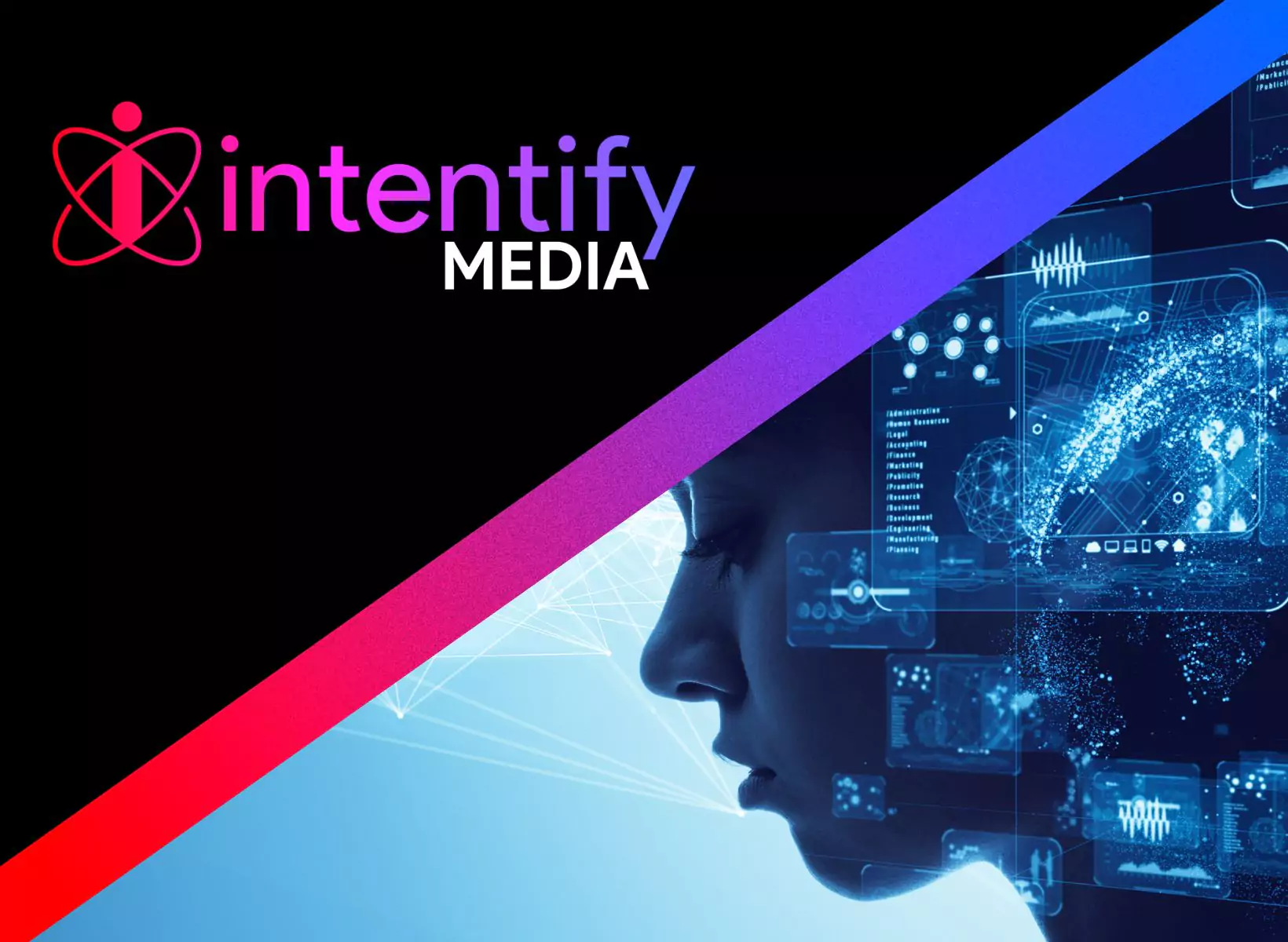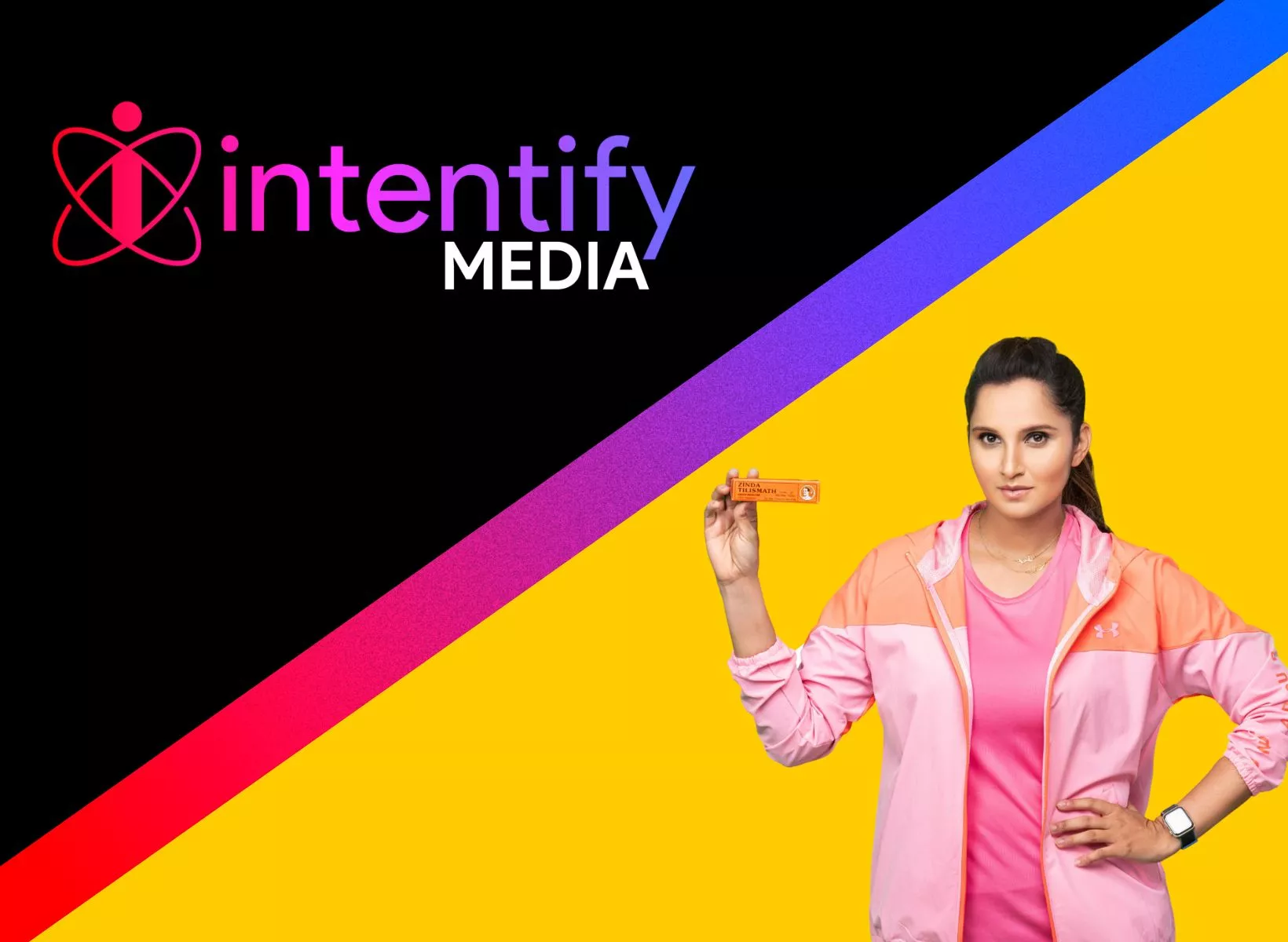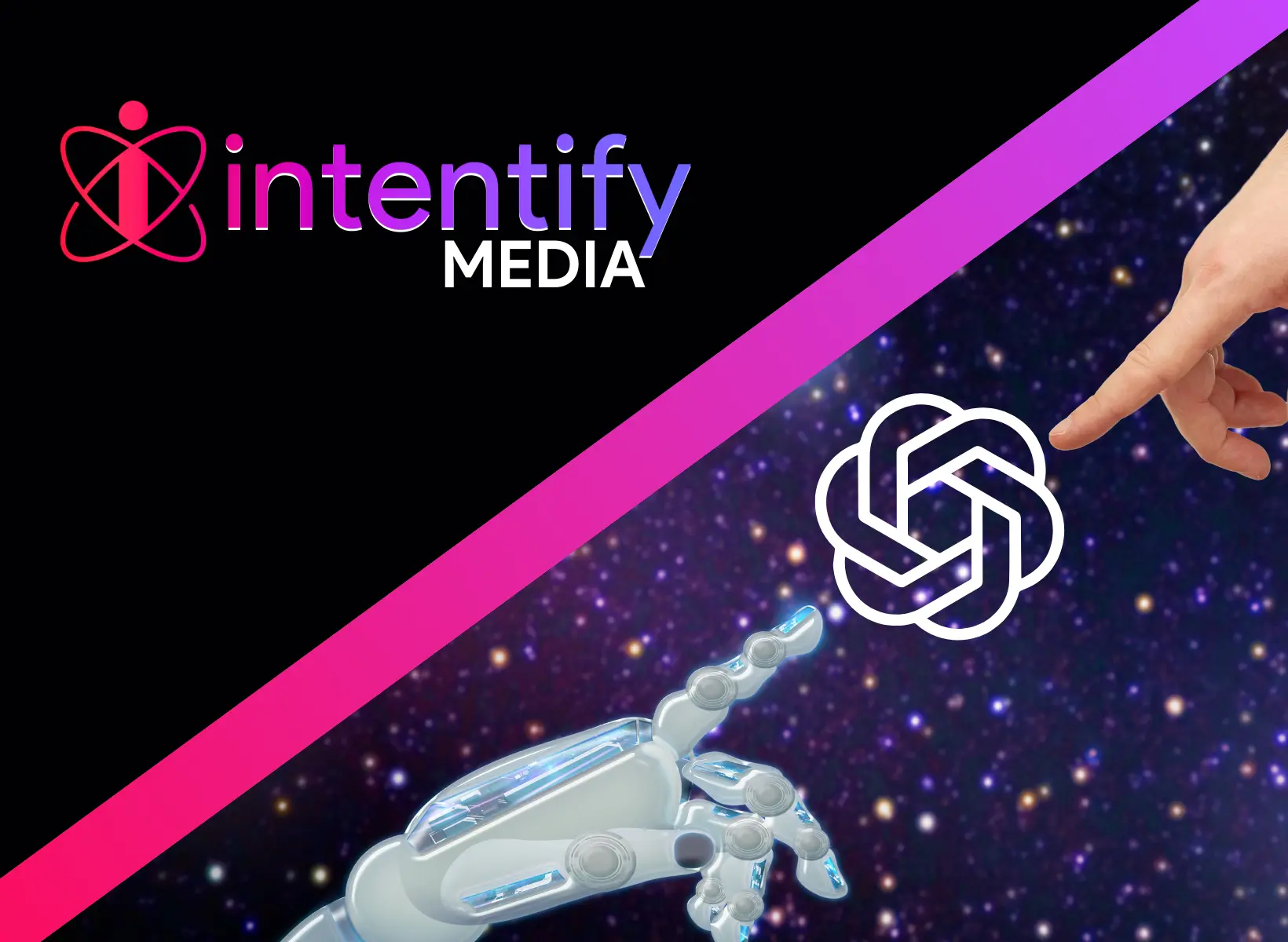The Use Of AI In Advertising
The use of data and AI is rapidly changing advertising, as it is in so many other sectors. Customers are noticing these changes in the chatbots that assist them in making purchasing decisions as well as the tailored adverts on their web browsers. But what does advertising that uses AI actually mean?
Artificial intelligence (AI) in advertising refers to the emulation of human intellect in devices that are designed to act and think like people based on the data that is provided to them. They make better decisions in the future by using historical data to draw lessons from the past. Advertisers may utilise AI to make decisions more quickly, target the proper audience, and provide more personalised experiences.
What are the various components of AI in marketing?
Capabilities of Machine Learning
AI is the driving force behind cognitive advertising, which uses computer algorithms to evaluate information and automatically enhance user experiences. Machine learning-enabled devices can evaluate fresh data using pertinent past data. Decisions are subsequently made based on what has worked in the past or not.
Using Analytics and Large Data
Big data has gained attention as a result of the rise of digital media. Additionally, it has given marketers the chance to learn how their efforts are valued across many channels. However, this has made it difficult for many marketers to choose which data sets are worthwhile to gather. Additionally, a lot of marketers deal with data quality and information upkeep.

Platforms for AI that Work Effectively
A centralised platform for managing vast volumes of data can be made available to marketers by efficient AI technologies. Making data-driven decisions is made simpler by these tools, which may generate valuable marketing analytics about your target audience.
The State of AI Today
It's probably time for advertisers to start thinking about incorporating AI tools into their plan if they haven't already. According to recent estimates, this decade will see tremendous growth in AI technology.
AI in advertising can assist businesses in better audience segmentation and ad targeting while tracking results. According to HubSpot*, the most common number of audiences for content created by marketers today is three. Just focusing on one audience and hoping for the best is no longer sufficient. Companies are employing contextual advertising, behavioural targeting, and AI-powered data science to get the appropriate ads in front of the right people in order to get meaningful results. Companies are leveraging AI to precisely target niche demographics.
Any advertising strategy should include a method for evaluating the effectiveness of the campaign. A campaign's performance may be measured, which enables marketers to spend their money most effectively. According to Deloitte's State of AI in the Enterprise, 3rd Edition*, 26% of all respondents and 45% of seasoned AI adopters said that AI technologies have helped them gain a sizable advantage over their rivals.
There are numerous opportunities for advertisers to benefit from the technology available, and the AI advertising sector will continue to develop as the world becomes more computerised. Let's dig deeper into how AI is transforming the advertising industry and how businesses can use these insights to develop a more coherent approach.
How is Advertising Being Altered by AI?
Due to its wealth of advantages and capacity to become smarter over time, AI is quickly altering the advertising environment. Here are just a few ways businesses may use AI in advertising.
"AI connects creativity and data to create more engaging, relevant, and personalised ads. It's changing advertising by allowing real-time targeting of the right audience with the right message."
Zaid Ahmed
CEO @ Intentify Media
Personalization Improves Positive Consumer Experiences
Advertising personalization is the process of using data or consumer insights to make ads more relevant to their target audience. Data on demographics, interests, purchasing intentions, or behavioural patterns are some examples of this.
With 80%* of frequent customers indicating they only do business with brands that tailor their experience, making ads more relevant and personalised is quickly becoming a primary focus. 56% of customers expect all of their interactions with brands or vendors to be individualised, and 47%* of B2C consumers say businesses could do a better job of matching their engagement activities with their preferences.
Advertisers can enhance their relationships with customers, strengthen their bond with their brand, and improve the purchasing experience by using a customised AI solution like conversational marketing. Using an AI conversational marketing solution to engage with clients and prospects has grown in popularity since 71%* of customers want businesses to speak with them in real-time. Brands benefit from personalised experiences by increasing ROI and fostering stronger bonds with customers.
Before Serving Advertisements, Audiences might be Segmented.
Advertisers can discover trends based on audience behaviour and message resonance by utilising machine learning, a type of artificial intelligence. To determine the type of material a particular niche sector truly wants to see, machine learning takes into account all the data it has on a given person, including demographics and online behaviour. The number one reason* why consumers don't engage more frequently is because of irrelevant material, which highlights the importance of understanding an audience.
According to a recent McKinsey Analytics survey, 14%* of users have implemented AI for customer segmentation objectives. Proper segmentation and audience targeting result in more relevant advertising. Advertisers should anticipate improved engagement rates and more conversions by providing messaging that is relevant to the end user.
AI-generated Ads Convert More Effectively
AI can make insights that guide advertising decisions and make sure that budget isn't spent on ad text that doesn't convert by being able to look at historical trends and performances. AI achieves this by going beyond conventional A/B testing and using data to predict how well-received creative and messaging will be by customers. This enables advertisers to adopt a proactive strategy to creative instead of a reactive one in order to produce more quality leads and conversions.
According to a recent Salesforce Research research titled "Enterprise Technology Trends,"* 83% of IT leaders believe that AI and machine learning are changing how customers engage with brands, and 69% believe that it is changing how they conduct business. Advertisers understand how crucial it is to target the correct audience with the right message in order to increase conversions.
A More Interactive Experience Can Be Produced by AI
Real-time client interactions can be used to customise campaigns using interactive marketing techniques like conversational marketing. Chatbots using conversational AI and machine learning replicate the in-person experience on your digital platforms and ecosystem. These interactions are tailored to your customers' desires and needs, improving their online experience.
Decisions about advertising have a greater impact, increasing ROI
AI is a methodical strategy for advertising. Tools with AI capabilities process enormous amounts of data and information to accurately forecast future trends and insights. The wonderful thing about AI is that it constantly improves itself, just like a person. To continue making wiser decisions, it continuously learns and adapts as necessary.
While advertisers have historically had difficulty gauging the effectiveness of their efforts, analytics aid businesses in identifying what is and is not working. As a result, advertisers can be proactive in the future and take actions that will benefit their campaigns. 73% of AI adopters, according to Deloitte research, believe AI is "extremely" or "critically" vital to their firm today, and 64% claimed AI technologies help them gain an advantage over rivals. A smaller amount of advertising waste and a higher return on investment are ensured by consistently targeting the correct audiences with the appropriate message.
Targeting and budget optimization are also affected by performance optimization.
A significant application of AI in advertising is performance optimization. Machine learning algorithms can evaluate how well your advertisements perform across various platforms and then provide suggestions for better performance.
Issues with AI in advertising
Rarely do advertisers have knowledge of how algorithms function or the potential for unconscious bias in them. Performance and ROI may suffer as a result of advertising bias that is built into the technologies used to launch ads. Although bias can be a problem for advertisers when using AI, machine learning technology can, when used properly, help eliminate prejudice in ads.
Length of training and data quality
AI tools could not always know what to do to accomplish broad marketing objectives. These tools need time to become familiar with your company's objectives, client preferences, and historical trends. This involves data quality assurance in addition to time. Artificial intelligence technologies will make less optimal decisions if they were not taught with accurate, timely, and representative data, which can lower the tool's value.
Data security
The usage of consumer data by marketing teams must be ethical and in accordance with regulations (like GDPR). Companies run the danger of facing severe fines and reputational harm if this is not adhered to. AI presents a problem in this regard. Tools may go beyond what is acceptable if they are not explicitly used in accordance with certain legal requirements.
Bias in advertising
More decisions are being made by machines as the industry uses AI to segment audiences and manage advertising. Marketers who use AI technology want to make unbiased decisions, but CMOs frequently lack knowledge of how algorithms operate and what biases may be included into these models. The campaign may then be biassed if decisions are made using accidental cues like age, race, or gender.
Questions & Answers About AI Advertising
Read more stories




